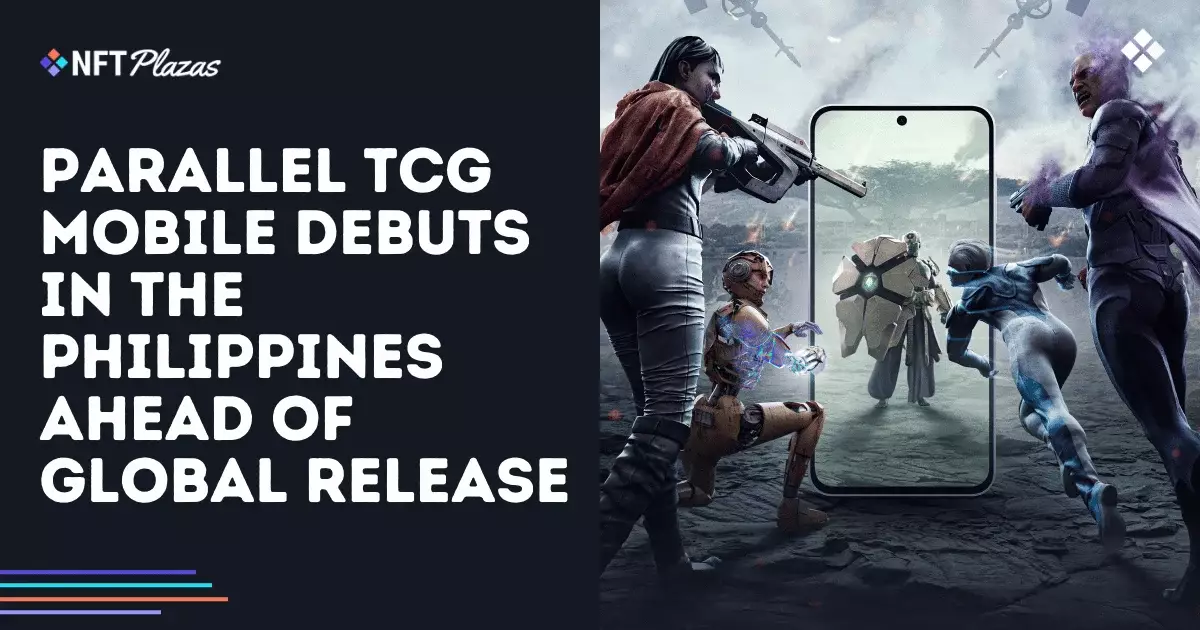The recent launch of Parallel TCG’s mobile version on Android is not just a step forward for the game; it represents a seismic shift in the way we perceive mobile gaming, especially in the realm of turn-based strategy. Starting with the Philippines, this initiative is a calculated effort to redefine accessibility in gaming. With smartphones becoming ubiquitous, the opportunity for games to reach broader audiences is compelling. If done right, this could pave the way for future titles to embrace a more democratic approach to gaming, removing barriers rooted in hardware accessibility.
Strategic Depth Meets Portability
What sets Parallel TCG apart in this increasingly crowded mobile market is its commitment to retaining gameplay depth while optimizing for mobile devices. So often, mobile adaptations of complex games sacrifice strategy for convenience, leading to experiences that feel hollow and unengaging. However, Parallel TCG is positioning itself as a leader by headlining its mobile version with a full gaming experience, enabling players to build decks, select distinctive factions, and engage in tactical battles. The fusion of an intricate energy management system with user-friendly touch controls could very well be a template for future mobile games aiming to maintain quality in quality-bereft waters.
Community-Driven Enhancements
Another laudable aspect of Parallel TCG’s strategy is its plans to incorporate player feedback for continual improvements. This commitment to evolving the game based on local insights not only empowers existing players but also establishes a transparent relationship with its user base. This model encourages community investment, vital for the game’s longevity, especially in the highly competitive mobile landscape. The integration of mobile-only events and social features indicates an understanding of the social dynamics that drive engagement, fostering loyalty in ways that traditional gaming models have often ignored.
The Experience of Escape
At its core, Parallel TCG taps into the universal human desire for escape and engagement through storytelling. The factions—representations of humanity in a post-apocalyptic world—promote not just competition but also narrative exploration. This duality enriches the user experience, allowing players to delve deeper into their chosen faction’s lore and strategy, which becomes invaluable as they navigate the increasingly intricate gameplay.
The layered strategic choices give players the freedom to think creatively and tactically, which is a vital element often compromised in mobile games. The gameplay mechanics are both accessible for newcomers and sufficiently challenging for seasoned players, ensuring that engagement is maintained across demographics.
What Lies Ahead for Parallel TCG
As the game gradually expands beyond the Philippines, the potential for widespread success is significant. With thousands pre-registering, the anticipation alone illustrates an eager consumer base ready for features that prioritize competitive fairness and community involvement. However, it is essential for the developers to stay vigilant against the pitfalls that often plague mobile gaming—namely, monetization strategies that degrade the player experience.
If Parallel can navigate this terrain skillfully, it could very well redefine what it means to turn major IPs into mobile experiences while keeping their ecosystem intact. As the mobile gaming landscape continually evolves, Parallel TCG’s ambitious launch is an essential case study in how strategic decision-making, community involvement, and narrative depth can inform not just a game, but potentially a whole genre’s future.

